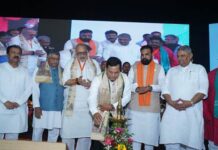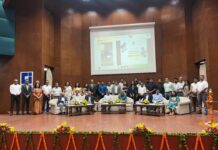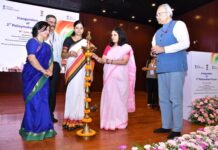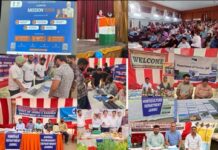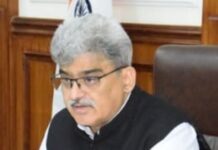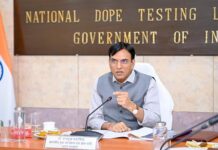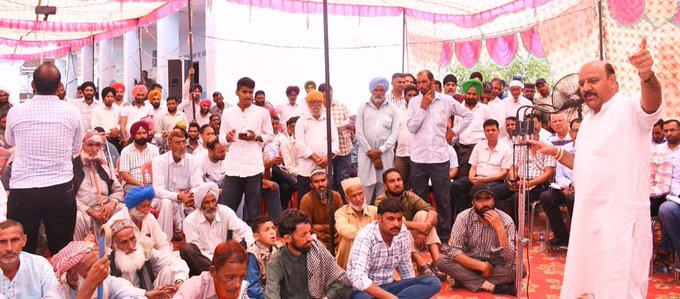JUNE 16: Deputy Chief Minister Surinder Choudhary conducted a public grievance redressal camp at Phata in the Nowshera subdivision, reinforcing the Omar Abdullah-led government’s vision for transparent, accountable, and people-centric governance. The event drew significant participation from local residents, reflecting both public interest and the growing trust in direct government outreach.
The camp served as a vital platform for citizens to voice their concerns and seek redressal for various pressing issues affecting their daily lives. Residents raised matters related to poor road infrastructure, persistent water scarcity, irregular power supply, and a shortage of essential staff in public institutions such as schools and health centers.
In response, Deputy CM Choudhary gave clear, on-the-spot instructions to the concerned officials for swift and effective resolution of the grievances. He emphasized the need for government departments to act promptly and remain responsive to the needs of the public. His proactive engagement during the camp was well received and appreciated by the attendees, who saw the outreach as a step toward more accessible governance.
The Deputy CM reiterated that such public darbars are not just symbolic but reflect a deeper commitment to participatory governance. “Engagement with citizens on the ground is essential for building trust and delivering impactful solutions,” he stated. He further added that feedback gathered from such interactions plays a critical role in shaping development priorities and ensuring targeted service delivery.
Choudhary highlighted the importance of bridging the gap between administration and the people. By interacting directly with communities, he said, the government can identify bottlenecks and inefficiencies that often remain hidden in formal bureaucratic processes. He assured the people that their voices would not go unheard and that follow-up mechanisms would ensure accountability in resolving their concerns.
The grievance camp in Phata forms part of a broader effort by the administration to take governance beyond office walls and into the heart of rural communities. These camps are designed to foster transparency, empower citizens, and accelerate the resolution of grassroots-level challenges.
Overall, the public outreach initiative in Nowshera stands as a strong reaffirmation of the government’s ongoing efforts to create a responsive and inclusive administrative framework—one where governance truly begins at the doorstep of the people.







